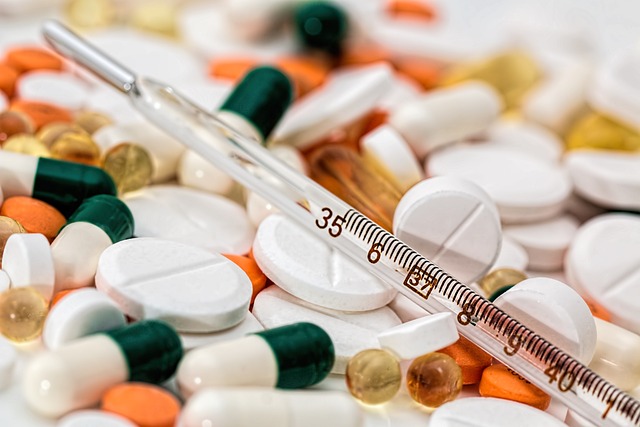Vitamin B12, also known as cobalamin, is a crucial nutrient that plays several vital roles in the body. Here are some key reasons why vitamin B12 is essential:
- Red Blood Cell Formation: Vitamin B12 is essential for the production of red blood cells in the bone marrow. It works in conjunction with folate to synthesize DNA, which is necessary for the proper formation of red blood cells. A deficiency in B12 can lead to a type of anemia called megaloblastic anemia, characterized by large and immature red blood cells.
- Neurological Function: Vitamin B12 is crucial for maintaining the health of the nervous system. It plays a role in the production of myelin, a protective coating around nerves that facilitates proper nerve impulse transmission. Deficiency in B12 can lead to neurological symptoms such as tingling, numbness, and difficulty with coordination.
- DNA Synthesis and Cell Division: Vitamin B12 is involved in the synthesis of DNA, the genetic material in cells. It plays a vital role in cell division and growth, making it essential for the development and maintenance of tissues and organs.
- Energy Production: Vitamin B12 is a cofactor for enzymes involved in the metabolism of carbohydrates and fats. It helps convert food into energy, contributing to overall energy production in the body.
- Methylation Reactions: B12 is involved in methylation reactions, where it participates in the transfer of methyl groups. Methylation is crucial for various physiological processes, including the regulation of gene expression and the metabolism of certain neurotransmitters.
- Supports Immune System: Vitamin B12 is important for maintaining a healthy immune system. It plays a role in the production and maturation of immune cells.
- Mood Regulation: Some studies suggest that vitamin B12 may have a role in mood regulation and mental health. Deficiency in B12 has been associated with mood disorders and an increased risk of depression.
Since the body cannot produce vitamin B12 on its own, it must be obtained through diet or supplements. Good dietary sources of vitamin B12 include meat, fish, eggs, and dairy products. Individuals at risk of B12 deficiency include vegetarians and vegans, older adults, and those with certain medical conditions that affect nutrient absorption. It’s important to maintain adequate levels of vitamin B12 to support overall health and well-being. If you suspect a deficiency, it’s advisable to consult with a healthcare professional for proper evaluation and guidance.
